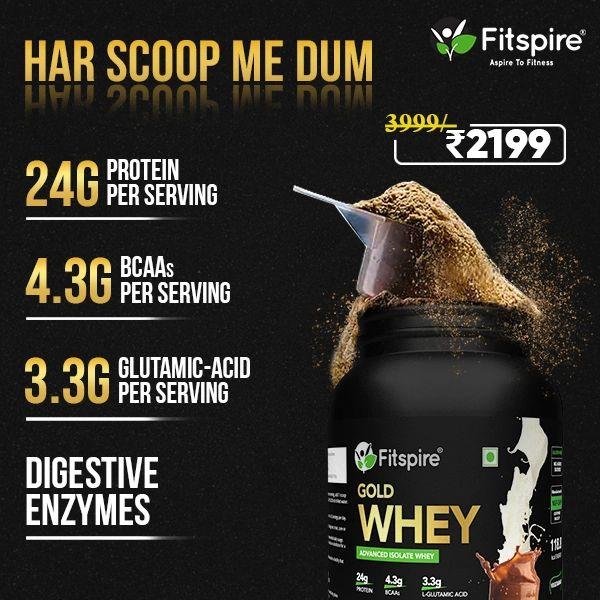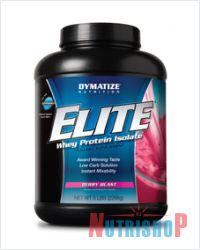Navigating the world of nutritional supplements can often feel overwhelming, especially when faced with choices that seem similar yet promise different benefits. If you’ve ever found yourself standing in the supplement aisle, pondering whether to pick whey protein isolate or whey protein concentrate, you’re not alone. Both forms of whey protein have their unique advantages and can play a pivotal role in supporting your fitness goals. However, understanding their differences is crucial in making an informed decision that aligns with your health needs and lifestyle. In this article, we’ll delve into the distinct characteristics of whey protein isolate and whey protein concentrate, empowering you with the knowledge to choose the right option for your journey towards wellness.
Understanding the Basics of Whey Protein Isolate and Concentrate
Whey protein is a popular supplement among athletes, bodybuilders, and fitness enthusiasts due to its high-quality protein content and fast absorption rate. However, when diving into the world of whey, you’ll encounter two primary forms: whey protein isolate and whey protein concentrate. Understanding the differences between these two can help you make an informed decision that aligns with your fitness goals and dietary needs.
Whey Protein Isolate is often considered the purer form of whey. It undergoes additional processing to remove most of the fat and lactose, resulting in a protein content of around 90% or higher. This makes it an excellent choice for those who are lactose intolerant or seeking to minimize calorie and carbohydrate intake. Its high protein content and low fat levels make it ideal for lean muscle development.
On the other hand, Whey Protein Concentrate contains a slightly lower protein percentage, usually ranging between 70-80%, but retains more of the natural nutrients found in whey. This form includes a bit more fat and lactose, which can contribute to a creamier taste and texture. Many people appreciate concentrate for its more complete nutrient profile, which can support overall health and wellness. Additionally, it tends to be more cost-effective, making it a popular choice for those on a budget.
- Isolate: Higher protein content, lower in fats and carbs, suitable for lactose-sensitive individuals.
- Concentrate: More natural nutrients, slightly higher in fats and carbs, cost-effective.
Ultimately, your choice between whey protein isolate and concentrate will depend on your specific nutritional goals, budget, and taste preferences. Both offer excellent benefits, but aligning them with your personal needs will ensure you make the most out of your protein supplementation.

Comparing Nutritional Profiles for Your Health Goals
Understanding the nutritional differences between whey protein isolate and whey protein concentrate can empower you to make choices that align with your health and fitness goals. Both are derived from milk, but they undergo different processing methods, which significantly affect their composition and benefits.
- Protein Content: Whey protein isolate is typically more refined, containing about 90% or more protein by weight. This makes it an excellent choice for those seeking to maximize protein intake with minimal additional calories.
- Lactose and Fat: If you’re lactose intolerant or looking to reduce fat intake, whey protein isolate often contains less lactose and fat compared to its counterpart. This makes it a more suitable option for those with dietary restrictions.
- Cost Considerations: On the other hand, whey protein concentrate is generally more affordable. While it has a slightly lower protein percentage (usually around 70-80%), it still offers a robust nutritional profile, including beneficial bioactive compounds found in milk.
Choosing between the two often depends on your specific health objectives. Whether you’re aiming for muscle gain, weight management, or addressing dietary sensitivities, understanding these key differences can help you make informed decisions tailored to your needs.
Choosing the Right Whey Protein for Your Lifestyle and Fitness Needs
When it comes to integrating whey protein into your daily regimen, understanding the nuances between whey protein isolate and whey protein concentrate can make all the difference. Each has its own set of benefits tailored to specific lifestyle and fitness goals. Here’s how you can decide which is the right fit for you:
- Whey Protein Isolate: This type is processed to remove most of the fat and lactose, resulting in a product that is typically over 90% protein by weight. It’s an excellent choice for those who are lactose intolerant or following a low-carb diet. With its quick absorption rate, it’s ideal for post-workout recovery, helping to rebuild and repair muscles efficiently.
- Whey Protein Concentrate: Generally containing around 70-80% protein, this option retains more of the natural nutrients found in whey. It’s often more affordable and can be a great choice if you’re looking to increase your protein intake while still enjoying the additional health benefits from fats and carbohydrates. It’s perfect for those who prefer a more balanced nutrient profile.
Lifestyle Considerations: If your goal is weight loss or lean muscle building, isolate might be your go-to due to its higher protein content and lower calorie count. On the other hand, if you’re looking to gain weight or need a more economical option, concentrate offers a balance of nutrients that can support overall wellness. Remember, the best choice is the one that aligns seamlessly with your personal health objectives and dietary preferences.
Expert Tips on Incorporating Whey Protein into Your Diet
Incorporating whey protein into your diet can be a game-changer for your fitness goals, whether you’re aiming to build muscle, lose weight, or simply maintain a balanced diet. Here are some expert tips to help you seamlessly include this powerhouse supplement into your daily routine:
- Start Slow: If you’re new to whey protein, begin with a small amount to see how your body reacts. Gradually increase the dosage to avoid any digestive discomfort.
- Timing Matters: For muscle recovery, consider consuming whey protein within 30 minutes post-workout. This timing can help maximize the repair and growth of muscle tissues.
- Mix it Up: Avoid monotony by experimenting with different recipes. Add whey protein to smoothies, oatmeal, or even pancake batter for a nutritious twist.
- Hydrate: Whey protein can have a dehydrating effect, so it’s crucial to drink plenty of water throughout the day to stay hydrated.
- Balance Your Diet: Remember, whey protein is a supplement, not a meal replacement. Ensure your diet includes a variety of whole foods to meet your nutritional needs.
By following these tips, you can effectively integrate whey protein into your diet, helping you to achieve your health and fitness goals more efficiently. Always listen to your body and consult with a healthcare professional if you have any concerns or dietary restrictions.








































